Composing
Composer May Care About 432 Hz Tuning: The Frequency of Bliss

Did you know that the frequency of bliss is 432 Hz? This is a number that has been resonating throughout history, and many people believe that it is the key to unlocking our highest potential. Do you ever feel like there’s something missing in your life? That may be the world is just too fast-paced and hectic for you?
If so, you may be searching for a way to find inner peace. And that’s where 432 Hz tuning comes in! This ancient practice can help you find tranquility and bliss within yourself. In this blog post, we will discuss the history of 432 Hz tuning, as well as its benefits.
432 Hz is often said to be the natural frequency of the universe. Proponents of this theory believe that 432 Hz vibrates on a level that can promote healing and attract masses of the audience to our music. Some even say that it has cosmic healing powers. While there is no scientific evidence to support these claims, many people believe that 432 Hz is a magical number with the ability to transform our lives.
Just by tuning our music less than a semitone below our standard A=440Hz, we are said to have direct access to the universe’s hidden treasures. Whether or not you believe in the power of 432 Hz, there’s no denying that it has become a hot topic in the music industry.
Music tuned to this frequency is said to be more relaxing and therapeutic, and many people are eager to see if it lives up to the hype. Only time will tell if 432 Hz is truly a magical number, but it certainly has the potential to change the way we experience music.
Many composers utilize 432 Hz as a tool, while others just view it as a part of the tin foil hat movement.
432 Hz All Esoteric
Tuning your music to a specific frequency will not unlock cosmic powers, or make your music sound better or worse. Having said that, there is no rule or law that requires musicians to stick to the standard tuning of A=440Hz. Serious musicians should all use alternate tunings for viable reasons such as the timbre of the instrument and build, the musical demands, and the historic background of the composition.
There are a number of articles out there that claim to have scientific evidence in favor of 432 Hz. But how much of this is actually true, and how much of it is fiction? Let’s take a closer look.
First of all, it’s important to note that there is no definitive scientific proof that 432 Hz is inherently better than any other frequency. However, there are some studies that suggest that certain frequencies can have certain effects on the human brain. For example, one study found that 432 Hz significantly reduces stress levels and promotes relaxation.
So does this mean that 432 Hz is the magic frequency that we should all be listening to? Not necessarily. The truth is, that each person responds differently to different frequencies, so what works for one person might not work for another. Ultimately, it’s up to each individual to experiment and find out what works best for them.

Tibetan Bowls, Pythagoras Monochord
Ancient instruments such as Tibetan bowls, Pythagoras monochord, and ancient flutes, have been found to use 432 Hz as their base pitch. This is interesting because Hertz is a modern term coined in 1930. Before that, it was referred as “Cycles Per Second”.
The first time “Cycles Per Second” could be accurately measured was in 1834, when two instruments were invented: the (remodeled) Savart Wheel by Félix Savart, and the Tonometer by Johann Scheibler. It is possible that ancient people knew about the relationship between sound and vibration long before we had the technology to measure it.
Perhaps they intuitively knew that 432 Hz was a more natural frequency for the human body and mind. Or maybe they just liked the way it sounded! Either way, it’s fascinating to think about what other ancient wisdom we may have lost over the years.
Pythagoras is best known for his work in mathematics, but he also had a profound impact on music theory. According to legend, he discovered that stringed instruments produce harmonious sounds when the lengths of the strings are in simple whole-number ratios.
This led him to develop a tuning system based on these ratios, with an arbitrary reference pitch as the starting point. While we now know that Pythagoras could not have known about the concept of Hz (or seconds), his tuning system is still in use today.
Indeed, 432 Hz is a multiplication of the ratio between C and A, where C is 1 and A is 27/16. This applies to any base frequency and has nothing to do with a specific Hz. As a result, Pythagoras’ tuning system is an important part of understanding harmony in music.
Esoteric Beliefs – A Global 432 Hz Tune
When it comes to finding inner peace, there are many different paths that you can take. Some people may choose to meditate, while others may turn to prayer or yoga. However, if you’re looking for a relaxing and uplifting practice, 432 Hz tuning may be right for you!
It is not unusual to encounter a device that only plays tones of less than 1,000 Hz. However, while this seems like just another number without any particular meaning over other frequencies, it appears to have some sort of an effect on the body’s frequency.

This is where 432 Hz tuning comes into play. When this frequency is played, it has been found to resonate with the natural frequency of the planet. This, in turn, can help create a sense of balance and harmony within our minds and bodies.
The History of 432 Hz Tuning
In the early 1900s, a man by the name of Max Planck discovered that when frequencies below 1000 Hz were introduced to cells in vitro, they began to resonate or vibrate at those frequencies.
The history of 432 Hz tuning is a bit mysterious. However, many people believe that it dates back to ancient times. Some say that the frequency was used by the Egyptians, while others claim that it originated in India or China. However, there is no definitive proof of where this practice first began. What we do know is that 432 Hz tuning has been used by many different cultures throughout history.
The Benefits of 432 Hz Tuning
So, why is 432 Hz tuning so popular? What are the benefits of this practice? Here are just a few of the reasons why people love 432 Hz tuning:
- It can help you achieve inner peace and tranquility
- It can increase your vibration and energy levels
- It can promote creativity and intuition
- It can help you connect with your spiritual side
- It can improve communication and relationships
If you’re looking for a way to find inner peace and bliss, then 432 Hz tuning may be the perfect solution for you! Give it a try and see how you feel!
432 Hz Tuning: The Frequency of Bliss 432 Hz is a number that has been resonating throughout history, and many people believe that it is the key to unlocking our highest potential.
432 Hz For Composer
The industry standard of 440 Hz is widely opposed by musicians and non-musicians alike. There are many strong opinions about why A432 is the best temperament over A440, just by searching for “432 Hz” on any search engine. According to one source, the vibration range of A432 is more stable than that of A440.
The universal and spiritual healing qualities of A432 are said to be superior to those of A440, which is described as “aggravating” and “irritating.” If you’re a composer looking for a new way to create music, then 432 Hz tuning may be the perfect solution for you!
In the 18th century, two of the greatest composers of all time were George Frederic Handel and Wolfgang Amadeus Mozart.
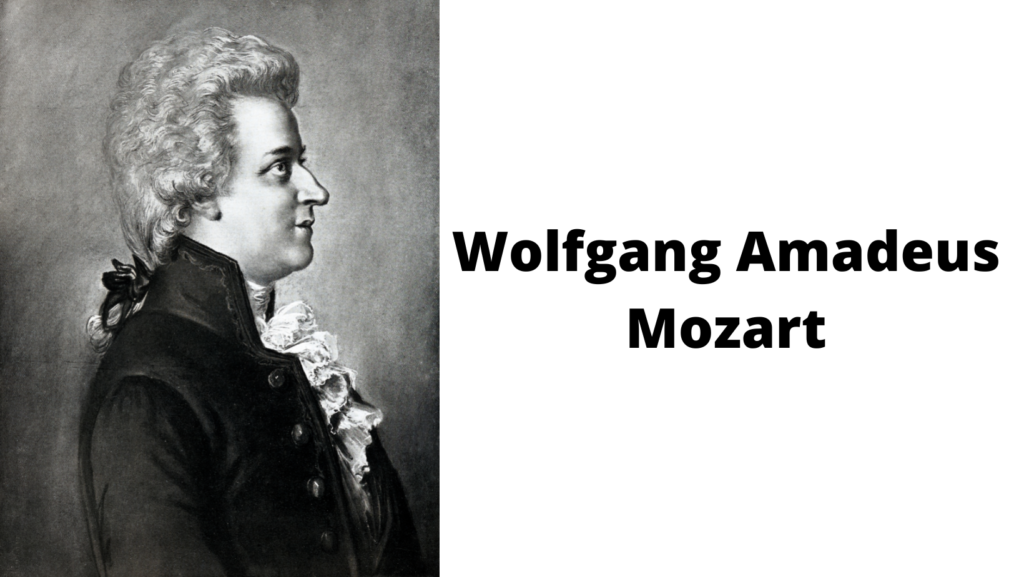
Both men were known for their phenomenal musical abilities, and each had a unique approach to composition. One area in which they differed was in the tuning of their instruments. While Handel typically tuned his pitches to A=422.5Hz, Mozart preferred a slightly higher pitch of A=432Hz.
This difference may seem minor, but it actually had a significant impact on the sound of their music. Handel’s lower tuning created a warmer, richer sound, while Mozart’s higher pitch produced a brighter, more vibrant tone. This sonic distinction is just one of the many ways in which these two great composers left their mark on the world of classical music.
There is much debate surrounding the idea that Mozart used 432 Hz for all of his music. The only evidence for this theory comes from an ancient tuning fork from 1780 with the tone of A=421.6 Hz.
This tuning fork belonged to the Viennese piano builder Johann Andreas Stein, the leading piano maker in Vienna at the time. Stein was responsible for Mozart’s pianos as well as Haydn’s and Beethoven’s. It is likely that they have all used A=421.6Hz.
However, there is no concrete evidence to support this claim. Some believe that Mozart may have used a different tuning fork, or that the one from 1780 is not actually his. Others argue that even if Mozart did use 432 Hz for some of his music, it was not all of it.
The theory remains unproven and largely speculative. Nonetheless, it is an interesting idea that has generated a great deal of debate among music lovers and historians.
It appears to be a side effect of recording at 432 Hz. If you want your music to stand out and sound unique for whatever reason, this may seem like something you’d purposefully seek to achieve.
What Artists Use 432 Hz?
Some well-known artists who use 432 Hz tuning are Ananda Shankar, Andreas Vollenweider, and John Lennon. 432 Hz tuning has been found to resonate with the natural frequency of the planet, helping to create a sense of balance and harmony within both our minds and bodies. If you’re looking for a way to find inner peace and bliss, then 432 Hz tuning may be the perfect solution for you!
What Artists Use 432 Hz?
Some well-known artists who use 432 Hz tuning are Ananda Shankar, Andreas Vollenweider, and John Lennon. 432 Hz tuning has been found to resonate with the natural frequency of the planet, helping to create a sense of balance and harmony within both our minds and bodies. If you’re looking for a way to find inner peace and bliss, then 432 Hz tuning may be the perfect solution for you!
Conclusion
432 Hz tuning is a practice that has been resonating throughout history, and many people believe that it is the key to unlocking our highest potential. This frequency is said to help create a sense of balance and harmony within both our minds and bodies and can increase our vibration and energy levels. It has also been found to promote creativity and intuition and can help us connect with our spiritual side. If you’re looking for a way to find inner peace and bliss, then 432 Hz tuning may be the perfect solution for you!
You might be a musician for the esoteric market and want to use 432 Hz tuning as well as promote the fact you did use 432 Hz. It could be a sales push for some target customers. Some composers use this as a tool, some just think this is part of the tin foil hat movement.
AI Generator
Ownership Battle in the Age of AI-Generated Music

The emergence of artificial intelligence in music production has ushered in a new era of innovation. However, it has also sparked debates over ownership rights. As AI-generated music becomes more common, concerns about who owns these creations are brought to light.
This article delves into the legal battles and ethical debates surrounding AI-generated music ownership.
Defining Ownership in AI-Generated Music
In a traditional sense, determining the owner of the copyrighted material is straightforward. However, with AI-generated content, the situation becomes more complex.

Is the creator of the algorithm that generated the music the owner? Is it the person who trained the algorithm? Is it possible to claim ownership over something not directly created by human hands?
Grimes’s Controversial Tweet: A Case Study
Grimes’s tweet about allowing her voice to be used in AI-generated music exemplifies this issue. She said she would sell her digital soul for $10 million, granting an AI company permission to use her voice as they wished. The tweet sparked controversy, with some seeing it as selling out and others viewing it as a clever move.
Legal Battles and Intellectual Property
Ownership rights of AI-generated music are just starting to be tested in courts. In 2018, Sony won a landmark case against musician Kevin Parks Jr., who claimed he had created songs using Sony’s software without permission or compensation. The court ruled in favor of Sony since their software was used in creating Parks’ songs.
This ruling raises questions about whether algorithms can be considered intellectual property or merely tools used by creators. If algorithms are deemed intellectual property, there may be issues surrounding their licensing for commercial use.
Record Labels and the Changing Dynamics
As record labels adapt to the rise of AI-generated content, they, too, must confront ownership rights issues. Record labels have historically owned much of the copyright associated with artists’ work; however, this dynamic may change as more artists turn to AI-generated music.
If an artist uses an AI program to create a piece of music, who owns the rights to that work? Is it the artist or the creator of the algorithm that generated it?
Implications for Streaming Platforms
The rise of AI-generated music also impacts streaming platforms like Spotify and Apple Music. These platforms have already faced criticism for their low royalty payouts to artists, and if AI-generated content becomes more prevalent, this issue may only worsen.
Additionally, as record labels lose some control over ownership rights, they may push for higher payouts from these streaming services.
Public Domain and AI-Generated Music
The implications of AI-generated music on the public domain are worth considering. AI algorithms often use existing music data to create new compositions, raising questions about whether AI-generated music should be considered part of the public domain or if new legal frameworks are needed to protect both original creators and AI developers.
When an AI algorithm generates music based on existing works, it can be difficult to determine if the resulting composition is a derivative work or an entirely new creation. If AI-generated music is considered part of the public domain, it may limit the rights of original creators whose work was used as input. On the other hand, if AI-generated music is granted copyright protection, it could potentially stifle creativity and limit access to cultural works.
Moral Rights and AI-Generated Music
The concept of moral rights is particularly relevant in the context of AI-generated music. Moral rights protect an artist’s right to be recognized as the creator of their work and to preserve the integrity of their creations. It is important to discuss how moral rights might apply to AI-generated music and the potential challenges that may arise.
In the case of AI-generated music, it can be difficult to determine who should be recognized as the creator: the original artist whose work was used as input, the developer of the AI algorithm, or both. Additionally, AI-generated music may inadvertently modify or distort the original work, potentially violating the moral rights of the original creator.
AI-Generated Music and Fair Use
The concept of fair use plays a significant role in the context of AI-generated music. Fair use is a legal doctrine that allows for the limited use of copyrighted material without requiring permission from the rights holder. It is important to discuss whether AI-generated music, which often relies on existing music data, can be considered fair use and the potential legal implications that may arise.
When AI algorithms use existing music as input, they may be seen as transformative, creating new works based on the original material. However, the extent to which AI-generated music can be considered fair use is not yet clearly defined in the law, and it may vary depending on the degree of transformation and the potential market impact on the original work.
In conclusion, addressing the additional topics of public domain, moral rights, and fair use in AI-generated music contributes to a more comprehensive understanding of the various legal and ethical issues surrounding this emerging technology. As AI-generated music becomes more prevalent, it is crucial for legal frameworks and industry practices to adapt in order to balance the rights of creators, AI developers, and the public interest.
The Future of Ownership Rights
In conclusion, ownership rights in the era of AI-generated music are uncertain at best. As more legal battles arise and ethical debates continue, it is clear that traditional copyright laws will need to adapt to keep up with technological advancements.
The struggle for ownership is just beginning, but it will undoubtedly shape the future of the music industry for years to come.
AI Generator
Nurturing Human Creativity in the Age of AI

As AI technology advances, it is essential that we find ways to nurture human creativity and ensure its essential role in music creation. This article explores strategies for fostering human ingenuity in the age of AI-generated music.
Maintaining the Human Touch
One approach to preserving human creativity is to view AI as a tool for artistic expression, rather than a replacement for it. Artists can use AI-generated music as a starting point for their compositions, layering their own unique ideas and experiences on top of the AI-generated foundation.
This approach allows musicians to maintain their creative voice while still taking advantage of the innovative capabilities of AI.
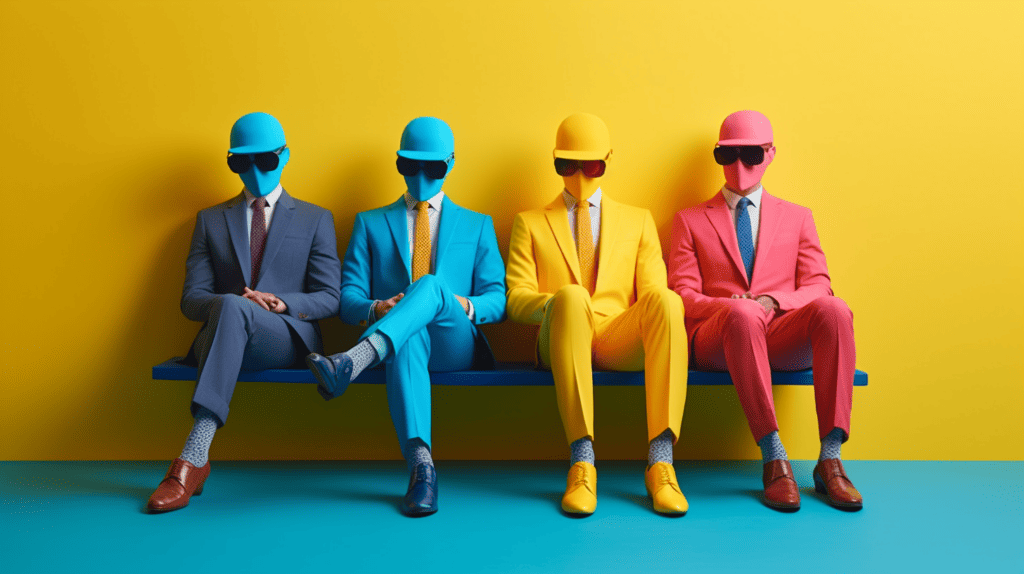
Encouraging Collaboration Between Humans and AI
Another approach is to encourage collaboration between human musicians and AI systems. By working together, artists can leverage AI-generated music’s strengths, such as the ability to process and analyze vast amounts of data, while also contributing their own creative ideas and emotions.
This collaborative approach can lead to the creation of entirely new musical genres and styles, as well as a deeper understanding of the relationship between humans and AI.
Investing in Music Education and Artistic Development
To ensure that human creativity remains a central component of music creation, it’s crucial to invest in music education and artistic development.
By teaching future generations about the importance of creativity and providing them with the skills needed to navigate the evolving music landscape, we can help maintain the human touch in the age of AI-generated music.

Creating Ethical Guidelines for AI-Generated Music
Finally, establishing ethical guidelines for the use of AI-generated music can help maintain a balance between the benefits of this technology and the importance of human creativity.
These guidelines could include regulations around ownership rights, compensation, and the appropriate use of AI-generated music in various contexts. By providing clear ethical standards, we can help ensure that AI-generated music is used responsibly and in ways that support human creativity.
Educating the Public About AI-generated Music
As AI-generated music becomes more prevalent, it is essential to educate the public about its implications, benefits, and challenges. Public awareness can help people make informed decisions about the music they consume and create a better understanding of the technology behind it. This includes discussing the various ethical considerations, ownership rights, and the impact on artists and the music industry as a whole.
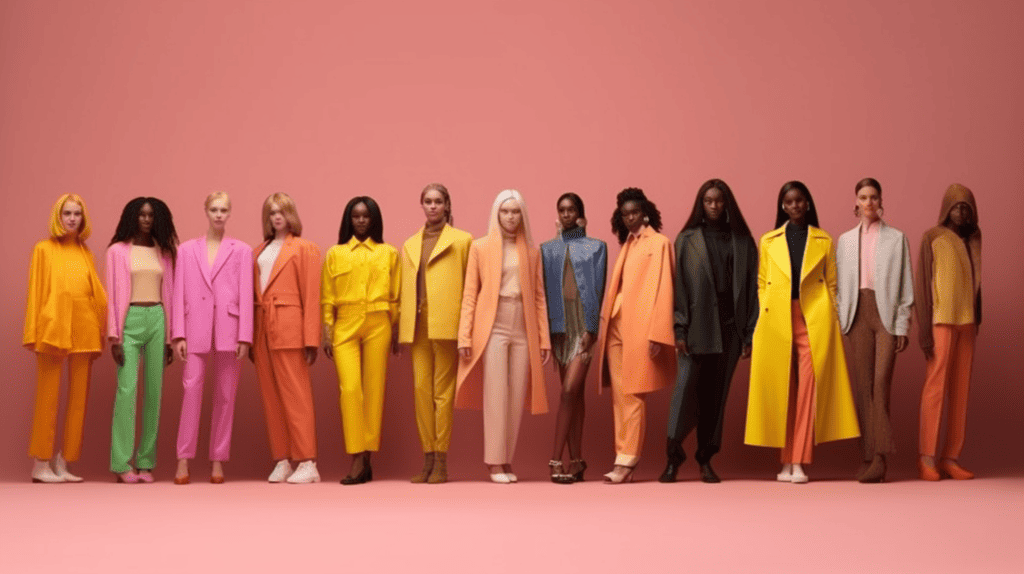
Educational programs, workshops, and online resources can be developed to inform the public about AI-generated music and its potential effects on the industry. By providing accessible information, people can better navigate the landscape of AI-generated music and develop informed opinions about its role in society.
Accessibility and Inclusivity in AI-generated Music
AI-generated music has the potential to make music creation more accessible and inclusive for people with disabilities or those who face other barriers to traditional music production. AI technology can provide alternative methods for composing, arranging, and producing music that may be more accessible to people with physical or cognitive limitations.
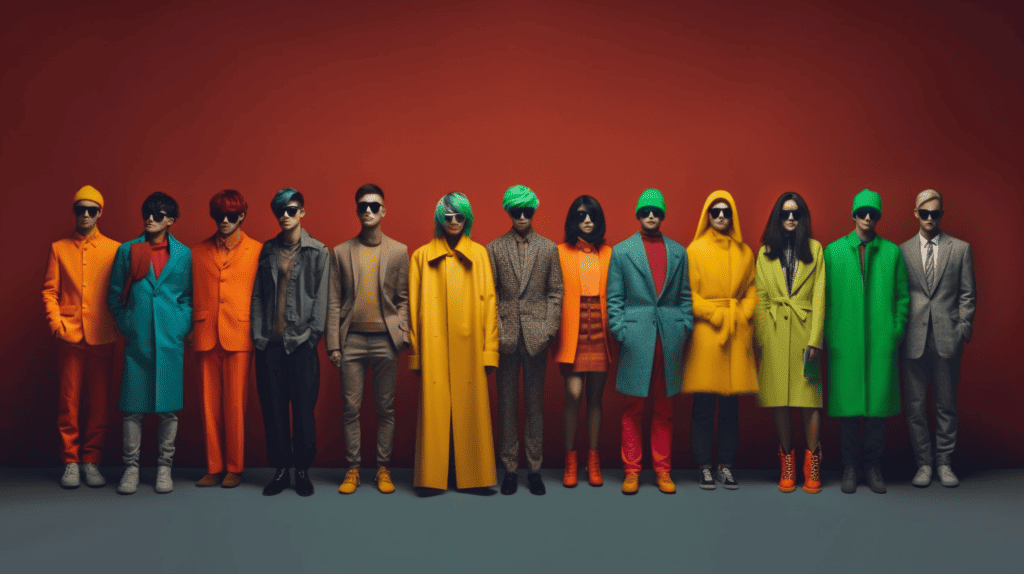
For example, AI-generated music can provide an opportunity for people with limited mobility to create music through voice commands or other alternative input methods. This can empower individuals who may not have had the opportunity to participate in music creation in the past.
However, it is essential to address potential challenges in accessibility and inclusivity, such as ensuring that AI-generated music tools are designed to be user-friendly and cater to a wide range of users, regardless of their abilities.
AI-generated Music in Film, TV, and Advertising
AI-generated music is not limited to the traditional music industry; it also has applications in other media, such as film scores, television soundtracks, and advertising campaigns. AI-generated music can provide an efficient and cost-effective alternative to traditional composition methods for various media projects, especially for smaller productions with limited budgets.
By utilizing AI-generated music in these contexts, creators can access a vast library of music that can be tailored to their specific needs, such as matching the tone or mood of a film scene or creating a catchy jingle for an advertising campaign.
AI-generated Music for Therapeutic Purposes
AI-generated music has potential applications in therapeutic contexts, such as mental health treatment, relaxation, or pain management. By utilizing AI-generated music, therapists and healthcare professionals can develop personalized music interventions to meet the specific needs of their patients.

For example, AI-generated music can be used to create customized relaxation playlists that cater to individual preferences and respond to the listener’s physiological signals, such as heart rate or breathing patterns. This personalized approach can potentially enhance the effectiveness of music-based interventions in promoting relaxation and reducing stress.
Future Developments and Trends in AI-generated Music
As technology continues to advance, AI-generated music is expected to become more sophisticated and versatile. Future developments may include the creation of new AI-driven instruments, more advanced algorithms capable of generating complex compositions, and the integration of AI-generated music into live performance settings.
These advancements may lead to new genres of music, innovative performance styles, and novel ways of engaging with music as both creators and listeners. However, it is important to continue addressing the ethical considerations, ownership rights, and potential impacts on artists and the music industry as these advancements unfold.
Conclusion
In conclusion, while AI-generated music presents challenges for human creativity, it also offers new opportunities for artistic expression and innovation. By maintaining the human touch, encouraging collaboration between humans and AI, investing in music education, and establishing ethical guidelines, we can foster human creativity in the age of AI-generated music.
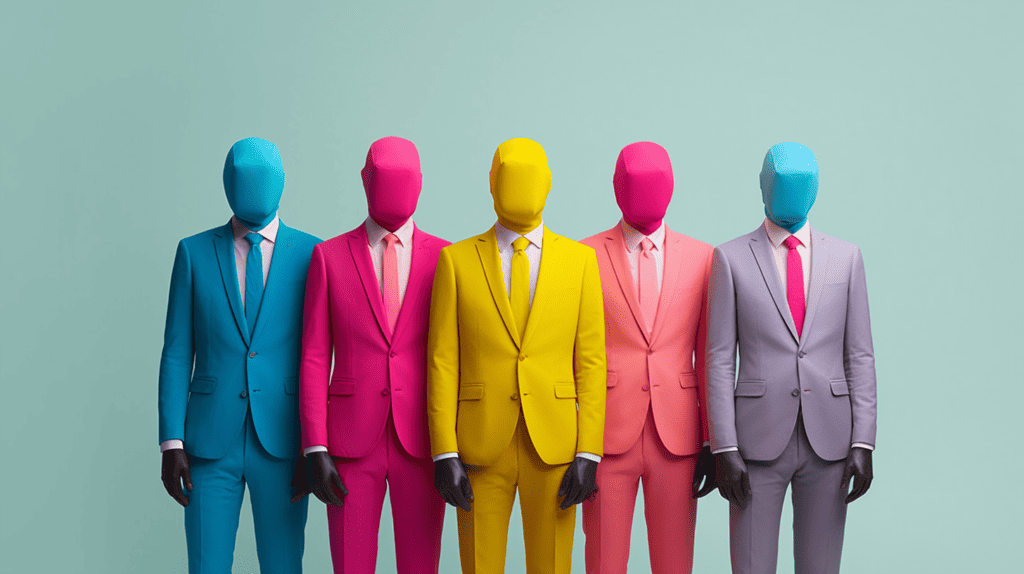
Ultimately, it’s up to us as a society to find ways to embrace this technology while also ensuring that human creativity remains at the heart of music creation.
Amore comprehensive understanding of AI-generated music’s role in the broader cultural and societal context, as well as potential future directions for this technology. By considering these aspects, we can develop a well-rounded perspective on the impact of AI-generated music and its potential to shape the future of music creation and consumption.
AI Generator
The Influence of Artificial Intelligence on The Creation of Music

A New Era of Creativity and Expression
Music has always been a strong reflection of human innovation and emotions. Throughout history, our voices and musical instruments have played a crucial role in expressing our feelings, telling stories, and building relationships with others. As technology has advanced, our ways of creating music have also progressed.
Modern musicians now have access to various tools, enabling them to manipulate sound in unimaginable ways. Synthesizers can emulate virtually any sound, while digital audio workstations facilitate precise editing and manipulation of recorded tracks. And now, the rise of artificial intelligence (AI) offers musicians even more possibilities for music creation.
AI Applications in the Music Industry
AI is being utilized in multiple ways within the music industry. One popular application is generating original compositions based on existing musical data sets. By analyzing millions of songs across genres and periods, AI algorithms can identify patterns and generate new melodies or chord progressions that fit within those patterns.
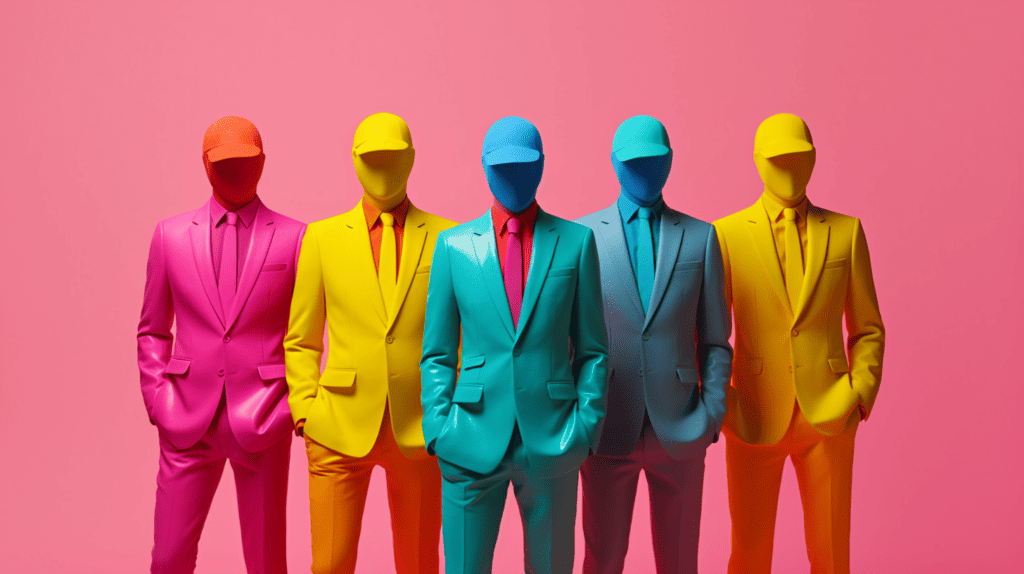
Another application involves using AI to enhance existing performances or recordings. For instance, software like iZotope’s RX can isolate individual instrumental tracks from a mix and remove unwanted noise or artifacts without impacting the rest of the recording.
Unintended Consequences and Concerns
However, as with any emerging technology, unintended consequences arise from using AI in music creation. One worry is that AI-generated music might lack the emotional depth and nuance that human performance offers. While an algorithm can create technically proficient melodies or chord progressions, it may not capture the same sense of emotion or passion found in a live performance.
Another concern revolves around ownership rights of AI-generated music. If an algorithm generates an original composition based on data sets owned by multiple parties (such as record labels or streaming platforms), who has the rights to that composition? This question has already sparked legal battles between artists collaborating with AI algorithms and those claiming ownership over their contributions.
Harnessing AI for Collaboration and Growth
Many musicians and industry professionals see AI as an opportunity for collaboration and growth. AI can be a creative assistant, inspiring artists, helping them overcome writer’s block, or even offering suggestions to improve their compositions. As AI technology continues to evolve, its ability to learn from and adapt to a musician’s style will improve, further enhancing the creative process.
AI in Music Education and Talent Discovery
AI also has the potential to revolutionize music education and talent discovery. With AI-powered music learning apps and platforms, students can receive personalized instruction based on their skill level and learning style. Furthermore, AI can analyze and identify undiscovered talent by evaluating their performances and predicting their potential for success.
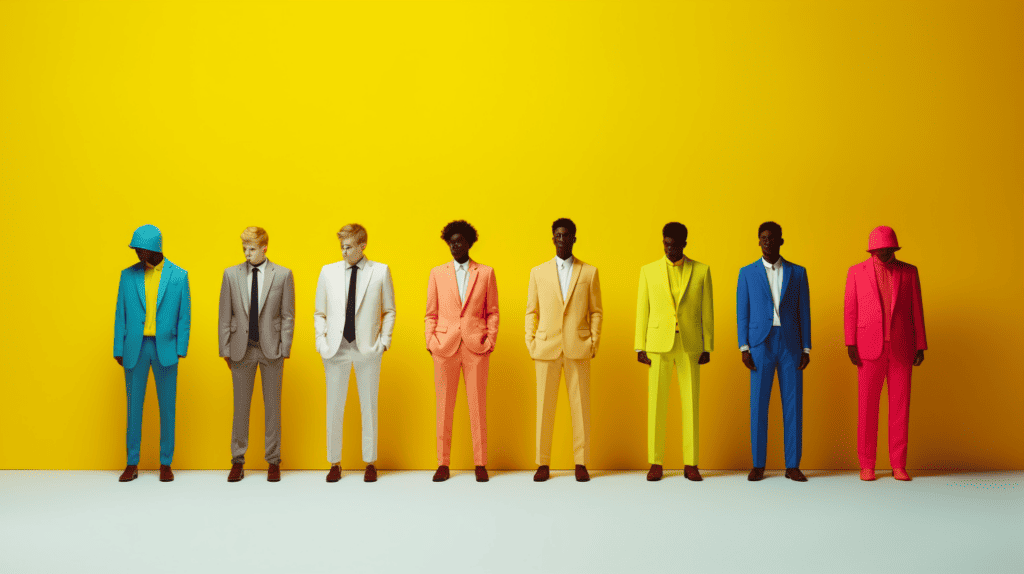
Addressing Ethical Considerations and Regulations
To ensure the responsible integration of AI into the music industry, it is essential to address ethical considerations and establish regulations. For instance, guidelines should be set to ensure that AI-generated compositions do not infringe on existing copyrights or that AI technology is not used maliciously to plagiarize or manipulate the work of others.
Additionally, as AI-generated music becomes more prevalent, it is crucial to develop clear standards for crediting the contributions of both human artists and AI algorithms to a given work. This will help to prevent legal disputes and foster a fair and transparent environment for all parties involved.
Ethical Considerations in AI-Generated Music
As AI-generated music becomes increasingly widespread, various ethical concerns emerge. Some of these concerns include the potential for AI-generated music to contribute to cultural appropriation, the dilution of traditional music styles, or the homogenization of music in general.
Cultural Appropriation
Cultural appropriation occurs when elements of one culture are adopted or used by members of another culture, often in a way that is disrespectful or exploitative.

AI-generated music, which often relies on large datasets of existing music, might inadvertently incorporate elements of various cultures without giving proper credit or understanding the cultural context. This can result in the misrepresentation or trivialization of the original culture and may lead to further marginalization of underrepresented communities.
Dilution of Traditional Music Styles
AI-generated music algorithms are often designed to identify popular patterns and trends within the music they analyze.
As a result, the output may lean heavily toward mainstream or widely-accepted styles, which can dilute traditional or less-popular music styles. Over time, this may result in a decline in the diversity of music genres and a loss of unique cultural expressions and heritage.
Homogenization of Music
The widespread use of AI-generated music could also contribute to the homogenization of music, as algorithms tend to create compositions based on patterns and trends found in existing data. This may result in technically proficient music lacking the distinctiveness and creativity found in human-generated compositions.
As AI-generated music becomes more prevalent, there is a risk that the rich tapestry of diverse musical styles and influences may be reduced to a more uniform, less imaginative landscape.
In conclusion, while AI-generated music offers exciting opportunities for innovation and new forms of creativity, addressing and considering the ethical implications of its widespread use is crucial. It is essential to develop ways to preserve cultural diversity and respect the heritage of various music styles while embracing the potential of AI in music creation.
Embracing the AI-Infused Future of Music
The increasing influence of AI in the music industry offers an exciting new frontier for creativity, collaboration, and innovation. By addressing the potential concerns and working together to create ethical guidelines and regulations, musicians, industry professionals, and AI developers can ensure that the integration of AI into the music landscape is both responsible and beneficial.
As we embrace this AI-infused future, we can look forward to new and innovative ways to create and enjoy music, while also remaining mindful of the potential pitfalls and challenges that come with any technological advancement. With the right approach, the future of music and AI has the potential to be a harmonious and groundbreaking partnership.
Despite these concerns, it’s undeniable that AI is revolutionizing the music industry in thrilling ways. It enables new forms of creativity and experimentation while also presenting unique challenges for artists and record labels alike. As we continue to navigate this new era of music creation, it will be fascinating to see how these unintended consequences evolve.
-

 Vetted2 months ago
Vetted2 months ago11 Best Gore Websites to Explore the Darker Side of the Internet
-
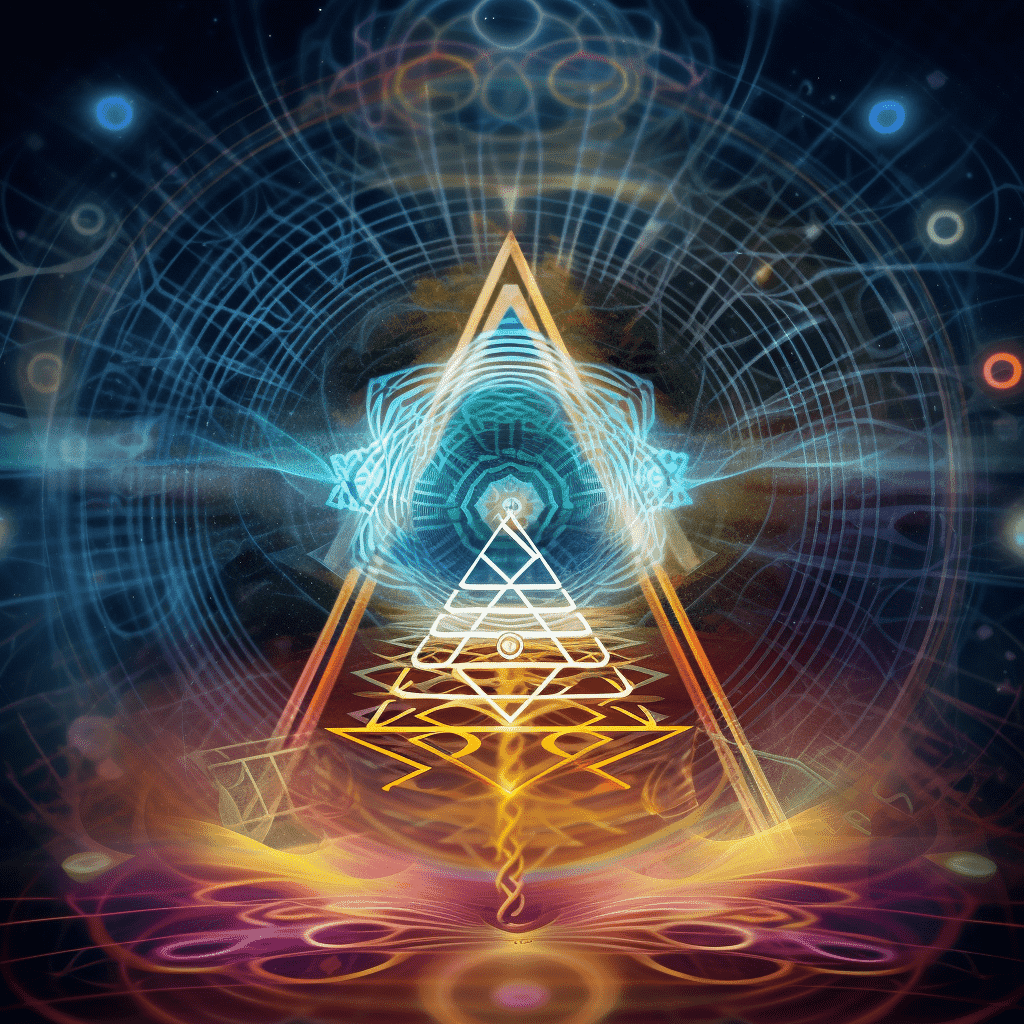
 Music Theory2 weeks ago
Music Theory2 weeks agoUnlocking Nature’s Harmony: The Power of 432 Hz Frequency in Sound & Music for Enhanced Living and Well-Being
-

 Vetted1 month ago
Vetted1 month ago15 Best Commercial Vacuum Cleaners for Heavy-Duty Cleaning Jobs
-

 Vetted2 months ago
Vetted2 months ago15 Best Essential Oils Brands to Elevate Your Aromatherapy Experience
-
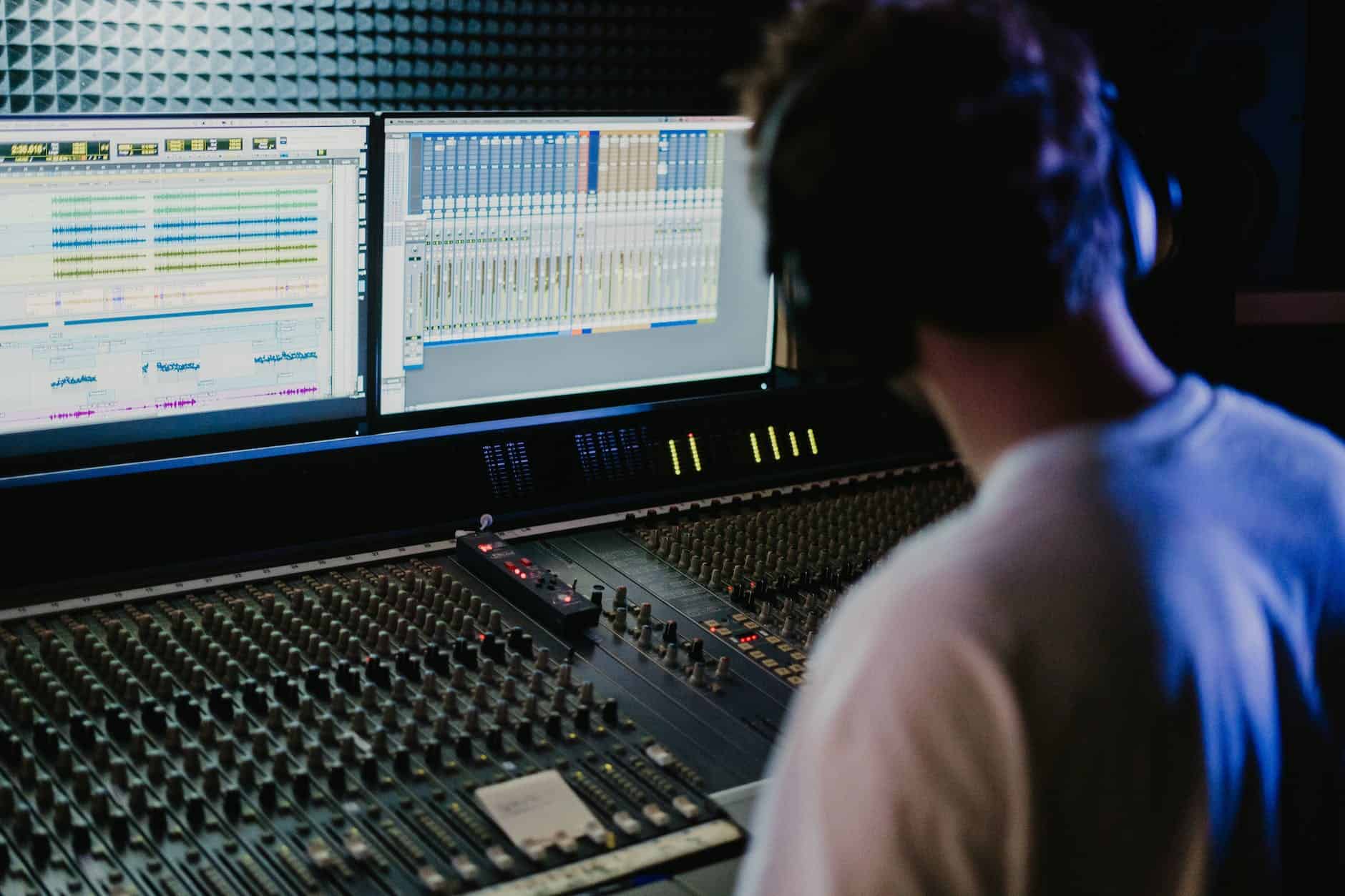
 Sound Design2 weeks ago
Sound Design2 weeks agoWhat Is the Difference Between a Sound Engineer and A Sound Designer?
-

 Native Instruments Kontakt2 weeks ago
Native Instruments Kontakt2 weeks agoVOCAL AI – Animated Intelligence: The Ultimate Vocal Playground
-
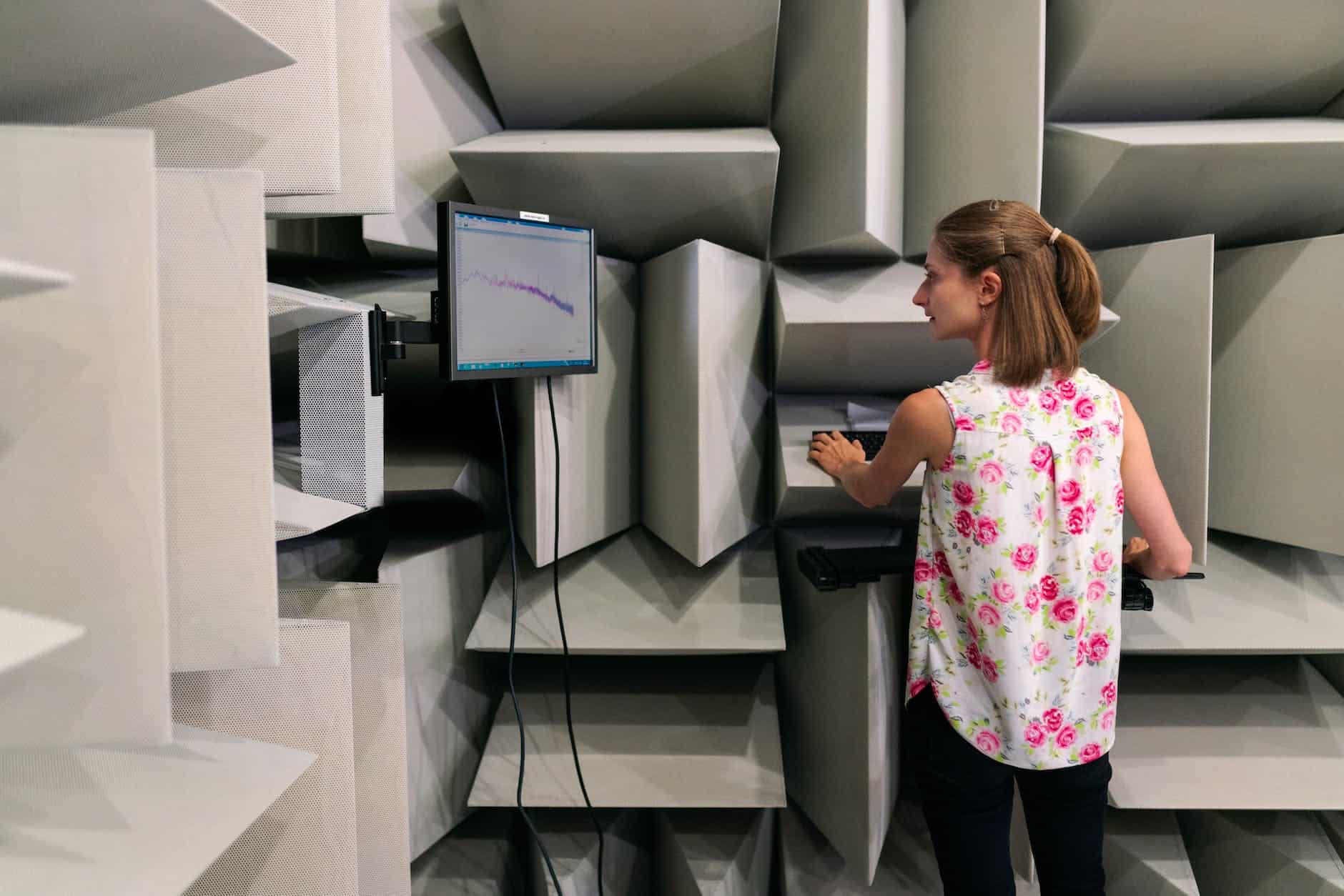
 Sound Design2 weeks ago
Sound Design2 weeks agoWhy Sound Engineer
-

 Vetted2 months ago
Vetted2 months ago15 Best Concrete Sealers for Ultimate Protection and Longevity









